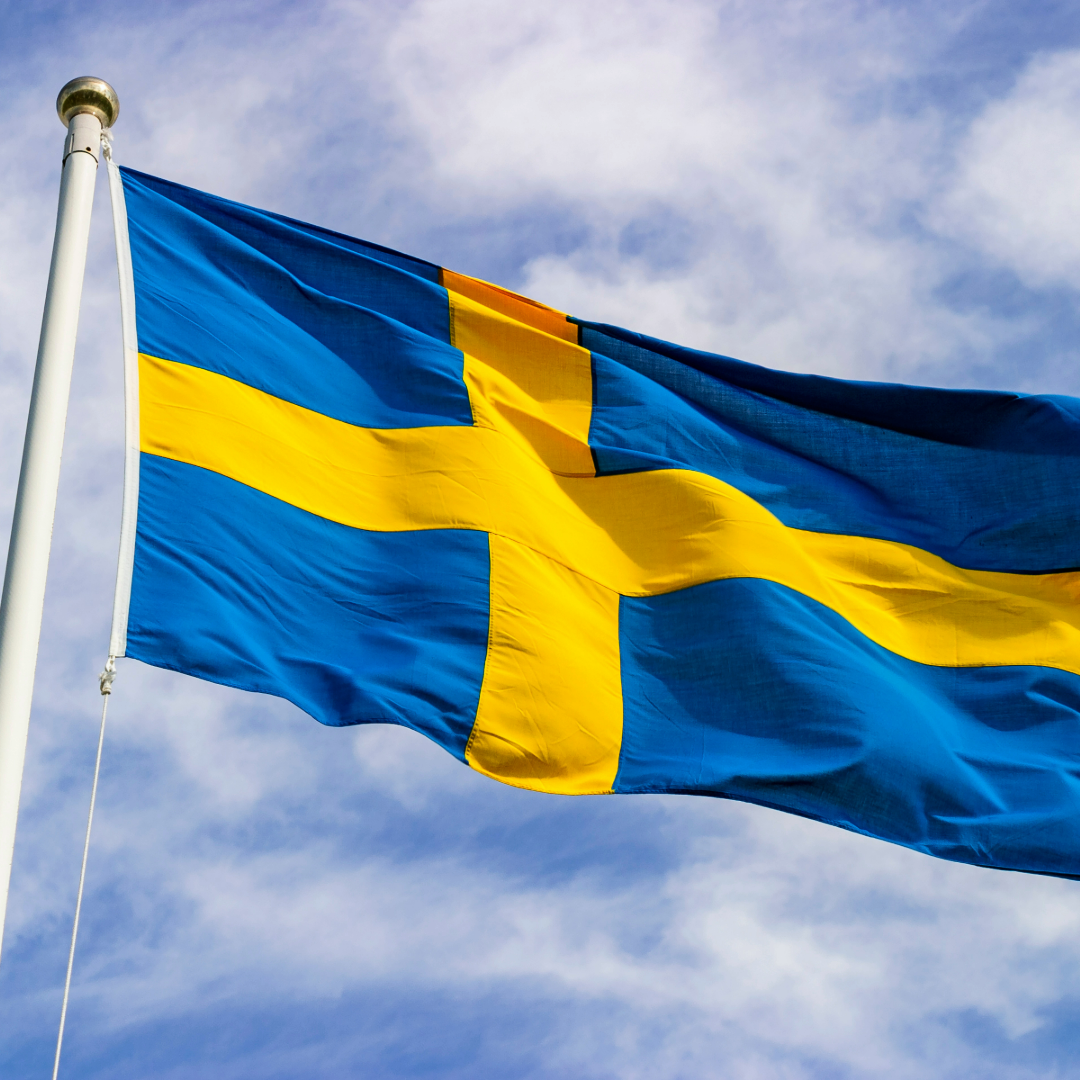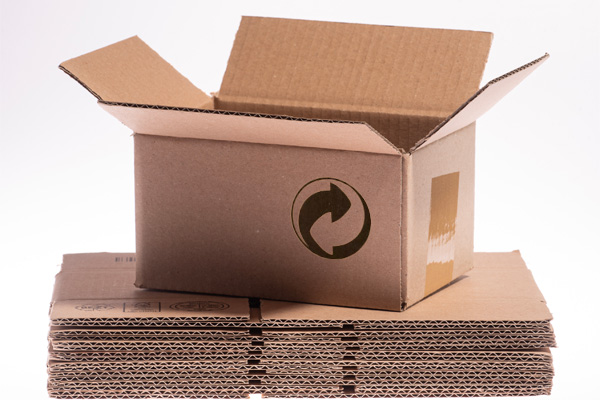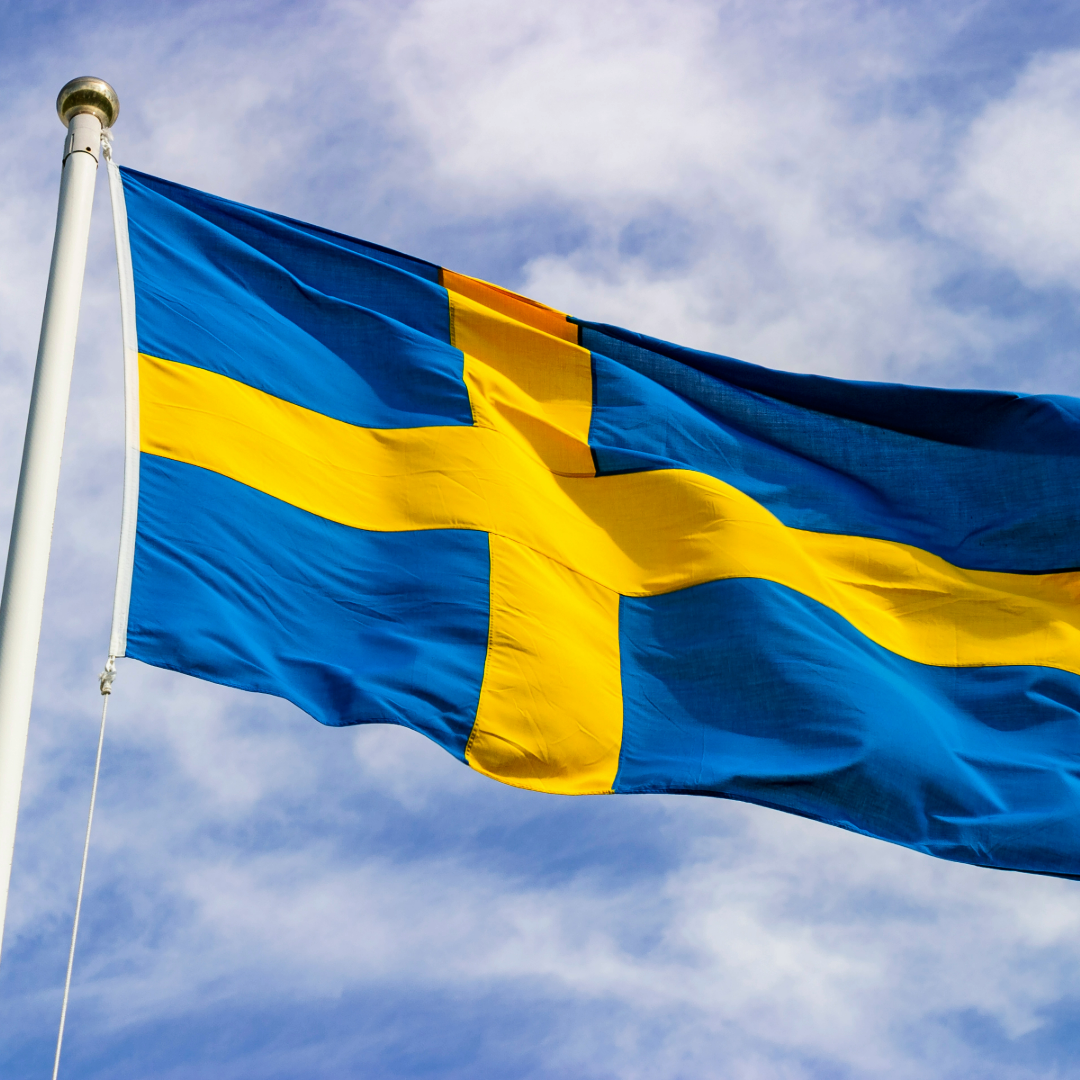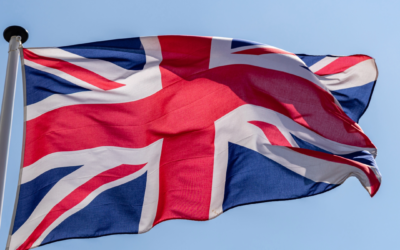EPR in Sweden: The amendments to 2024 at a glance




With the new amendments to the Extended Producer Responsibility (EPR) Regulation, Sweden is clearly demonstrating how producer responsibility can be comprehensively implemented. The Swedish government has decided to make fundamental changes to the EPR regulation for packaging, which have been fully effective since 2024. The changes to the law affect a wide range of stakeholders. Why all this? Sweden is pursuing a major goal: recycling is to be made easier and more efficient in order to save raw materials and reduce CO2 emissions.
The amendments not only place obligations on distributors of packaging, but also redistribute roles and responsibilities and affect municipalities, producers, producer responsibility organisations (PROs) and deposit systems. We look at the changes in detail:
This is what the changes mean for producers and producer responsibility organisations
All manufacturers of packaging are obliged to join or establish a recognised Producer Responsibility Organisation (PRO). The activities of these organisations must be approved by the Swedish Environmental Protection Agency.Producers must also register with the Swedish Environmental Protection Agency and participate in a take-back system.
What the changes mean for municipalities and local authorities
Since 1 January 2024, municipalities and local authorities have assumed operational responsibility for the collection of packaging waste from households and selected businesses. They play a key role in providing information on preventive measures and the correct sorting of packaging waste. By 1 January 2027 at the latest, all municipalities must introduce a door-to-door collection system for packaging waste. Collection will be based on material types such as paper, plastic, metal and glass. In addition, bulky packaging waste and materials such as wood, ceramics and textiles must be collected at accessible collection points or municipal recycling centres.
This is what the changes mean for deposit systems
The updated regulation also includes provisions for deposit systems as applied to bottles and cans. Responsibility for these systems has been transferred from the Swedish Board of Agriculture to the Swedish Environmental Protection Agency from 1 January 2023. Existing systems can retain their approval until 1 January 2027, after which they will be reassessed in accordance with the new guidelines.
EPR in Sweden: Far-reaching commitment
These extensive changes emphasise Sweden’s commitment to environmental protection and recycling. For companies that sell products to end customers in Sweden, it is crucial to be aware of the new responsibilities and act accordingly.
The EPR Sweden 2024 regulation represents not only a change, but also a significant step in terms of packaging responsibility that will contribute significantly to reducing the environmental impact.

LIZENZERO.EU makes packaging compliance in Europe very easy.
Do you ship your products to different countries in the EU? Many different legal requirements and obligations can make the whole thing quite complicated – but don’t worry, we’ll do it for you. How do we do it? With our licensing service, we take over all obligations for you by power of attorney. Sounds good? We’ll be happy to advise you.
For shipping to Germany, you can easily fulfill your packaging obligations yourself via Lizenzero.de.
EPR in Switzerland – Recycling for businesses
Clear EPR obligations already apply in many European countries. Manufacturers and retailers are responsible for the entire life cycle of their packaging and must register with the relevant national systems and pay licence fees. But what is the situation in Switzerland?
EPR UK: current obligations for retailers in relation to packaging
Extended Producer Responsibility (EPR) is a European regulation that makes manufacturers, importers and companies responsible for the life cycle of their products and packaging in accordance with the polluter-pays principle. EU countries can interpret the EPR regulations differently, which is why your obligations may vary from country to country. If you are shipping goods to the UK, you should therefore familiarize yourself with the exact regulations in the country in advance in order to avoid sanctions and be compliant. In the following article, we will give you an overview of the current EPR obligations in the UK and take a look at upcoming changes.
EPR in Portugal: Guide for manufacturers & retailers
Many European countries have packaging licensing regulations, and Portugal is no exception. Companies that deliver packaged goods to or from Portugal must ensure that they comply with the EPR regulations that apply there. But what does this mean in concrete terms? Retailers and manufacturers are obliged to register, licence and label their packaging in Portugal.





